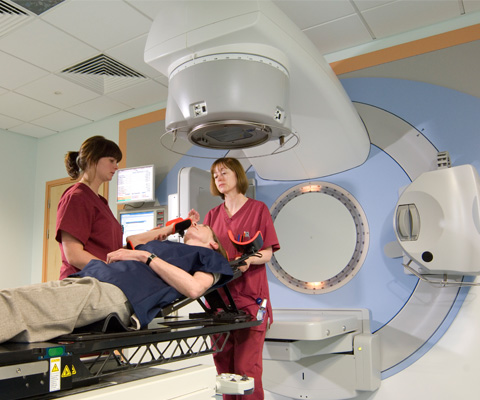Pain in cancer survivors course



This session describes the interventions that are available to treat cancer and which are associated with the development of persistent pain in cancer survivors.
Learning Objectives
By the end of this session you will be able to:
- List the common reasons why patients who survive cancer experience persistent pain
- Identify the underlying mechanisms causing this pain
- Recognize the risk factors for persistent pain
- Identify the criteria for categorizing and detecting persistent pain
- List the measures that can be taken to prevent persistent pain
- Describe how persistent pain can be treated
As improvements occur in the way in which cancer is detected and treated, so the number of patients surviving cancer increases. It is predicted that by the year 2020, there will be 3 million cancer survivors living in the United Kingdom. Many of the patients who survive cancer are affected by both the disease itself and the treatments they have received for their disease.
Matthew is the Pain Research Fellow at the Royal Marsden Hospital London and is undertaking a doctorate in medicine under the auspices of the Institute of Cancer Research.
Matthew graduated with distinction from Guy’s King’s and St Thomas’s Medical School and was president of the university rugby club. He has a long-term interest in pain research having completed an academic clinical fellowship at Imperial College, London.
Matthew’s main areas of interest are painful small fibre neuropathies, the use of high intensity focused ultrasound (HIFU) in painful conditions and pain in cancer survivors.
Away from medicine he enjoys rugby, collecting wine and gardening.
Matthew is a content author with the e-PAIN project.


- Acute Medicine | Palliative care | Management of s...
- Posted By eIntegrity Healthcare e-Learning
- Posted Date: 2025-01-03
- Location:Online
- Acute seizure activity (also commonly known as convulsions) is one of the few situations considered a medical emergency for end of life care patients. It requires urgent intervention. This session provides a framework for the immediate management and long
- Acute Medicine | Palliative care | Management of p...
- Posted By eIntegrity Healthcare e-Learning
- Posted Date: 2025-01-03
- Location:Online
- As illness progresses in the last year of life, physical function inevitably diminishes. This session provides a framework for the management of physical deterioration of patients at the end of life. This session was reviewed by Sarah Hanrott and last upd
- Acute Medicine | Palliative care | Management of n...
- Posted By eIntegrity Healthcare e-Learning
- Posted Date: 2025-01-03
- Location:Online
- This session provides a framework for the drug and non-drug management of nausea and vomiting in end-of-life care. This session was reviewed by Sarah Hanrott and last updated in March 2024.
- Acute Medicine | Palliative care | Management of d...
- Posted By eIntegrity Healthcare e-Learning
- Posted Date: 2025-01-03
- Location:Online
- This session provides a framework for an integrated management of depression. It was reviewed by Felicity Wood and Sarah Hanrott and last updated in May 2023.
- Acute Medicine | Palliative care | Management of c...
- Posted By eIntegrity Healthcare e-Learning
- Posted Date: 2025-01-03
- Location:Online
- This session provides a framework for the drug and non-drug management of constipation in end-of-life care patients. This session was reviewed by Rachel Lee and was last updated in April 2023.







